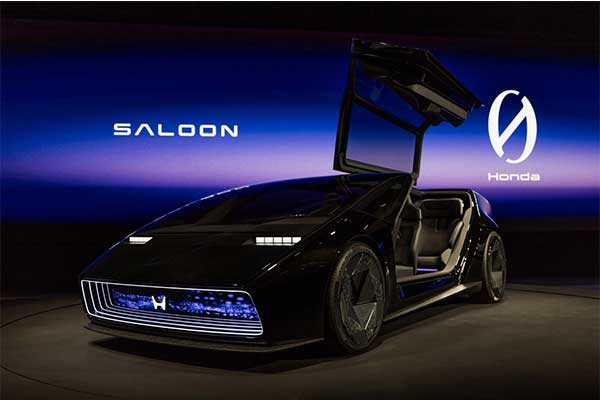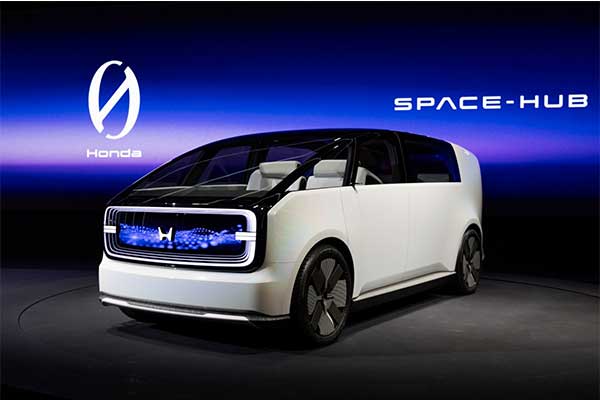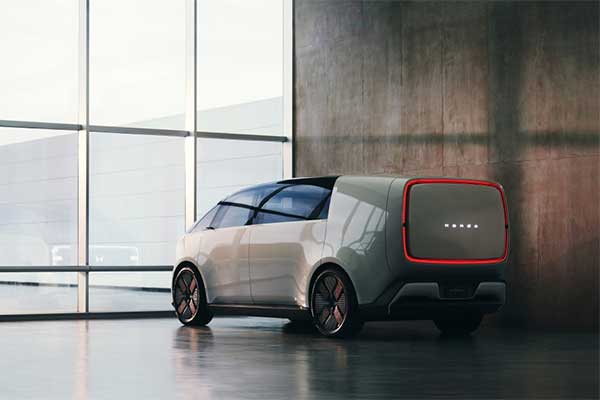Honda is committing to accelerate its transition into the electric vehicle market. The company has announced a substantial €61 billion investment by 2030 to develop a range of new electric models and solidify its position in the rapidly growing EV landscape.
Honda aims to reclaim its market share from EV front-runners like Tesla and BYD. By doubling its investment in EVs, the company hopes to achieve cost efficiency of its products, focusing on smaller EVs and motorbikes, and a comprehensive supply chain strategy to support the expanding EV lineup.
Honda’s EV roadmap includes seven new electric models globally, ranging from compact cars to larger vehicles. The company also targets the Chinese market with ten new EVs by 2027, aiming for 100% electric vehicle sales in the region by 2035.
The new Honda 0 series, particularly the Saloon concept, is poised to play a pivotal role in the company’s EV strategy. Unveiled at CES in January, the Saloon is expected to become Honda’s flagship EV, with a model closely resembling the concept set to launch in North America in 2026.
To support its ambitious EV goals, Honda is establishing a robust supply chain, including partnerships for lithium-ion batteries and in-house production with GS Yuasa. The company also wants to secure battery materials in Canada, reducing its reliance on external suppliers. Honda’s strategic initiatives aim to reduce battery costs and ensure a steady supply for its growing EV fleet.
By 2030, Honda aims for electric and fuel cell electric vehicles (FCEVs) to account for 40% of its global auto sales, with a target of 100% by 2040. The €61 billion investment in electric vehicles is a significant turning point in the company’s history. With a focus on innovation, sustainability, and a comprehensive EV strategy, Honda is well-positioned to reclaim its lost position as a leader in the automotive industry.


